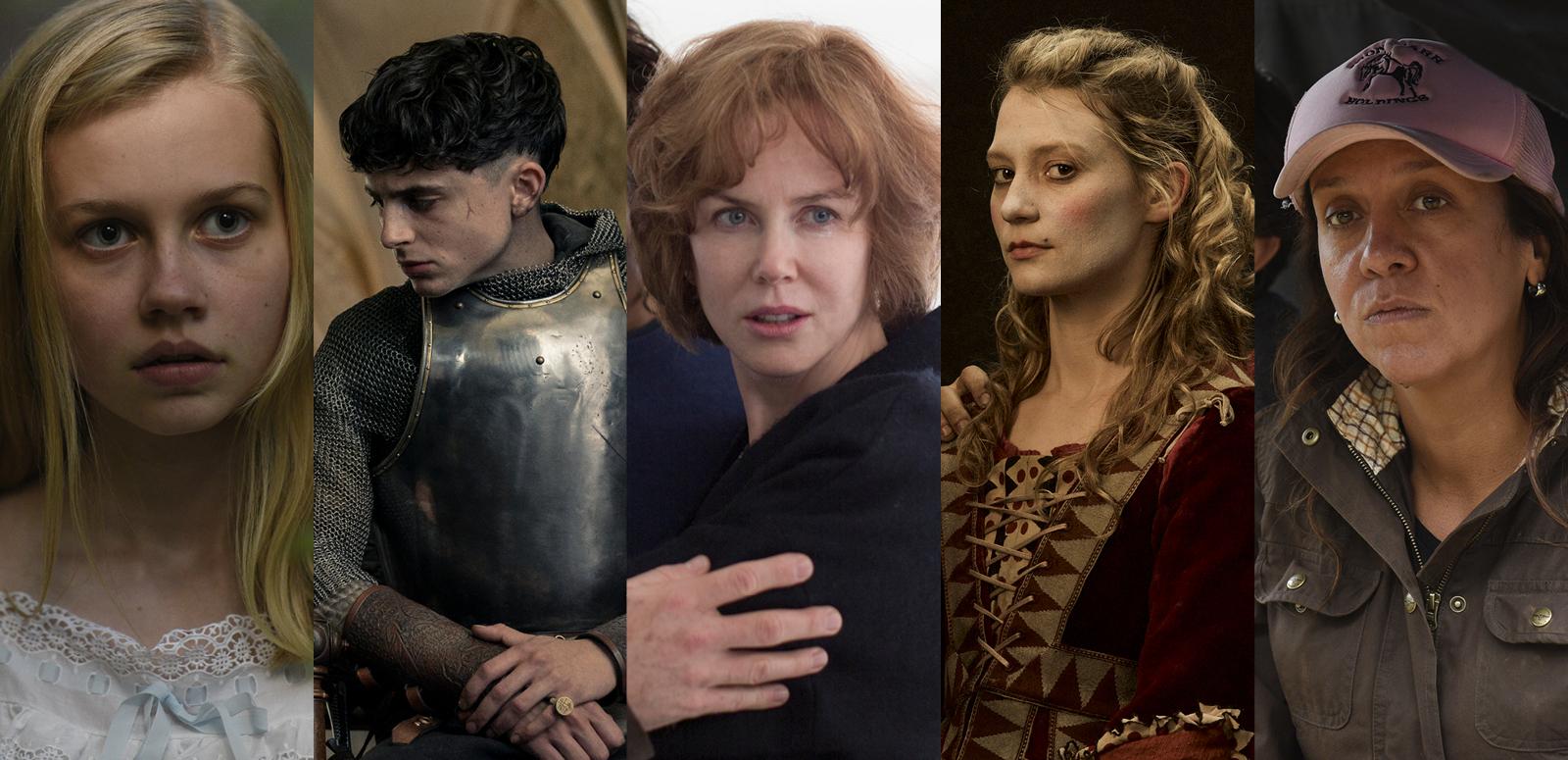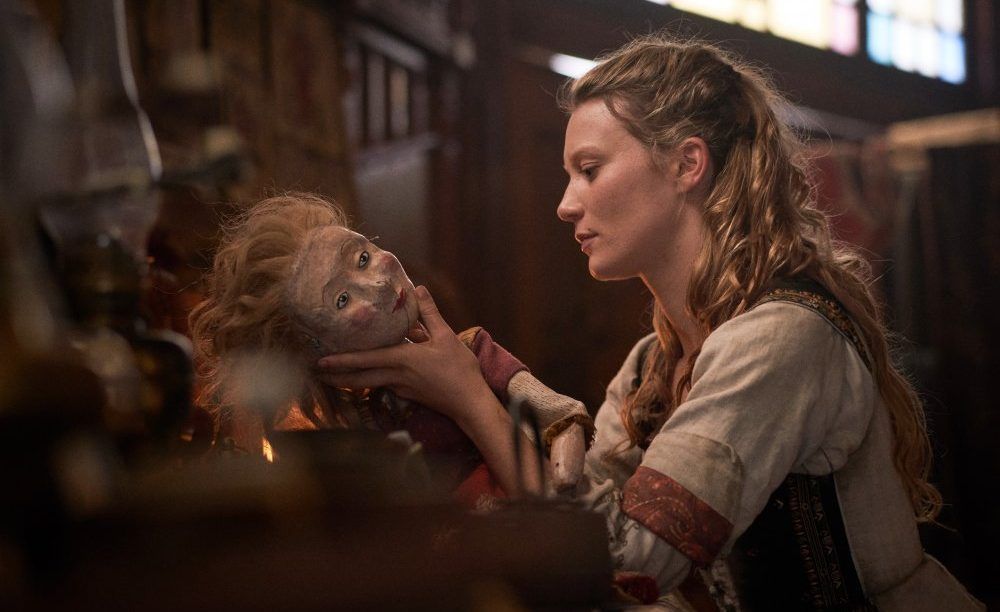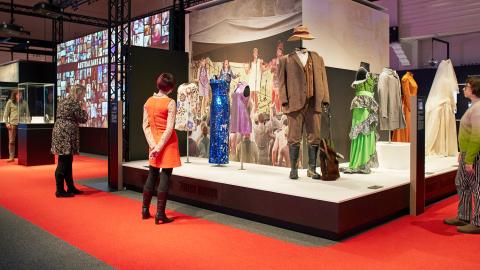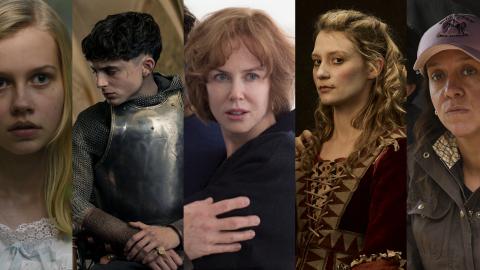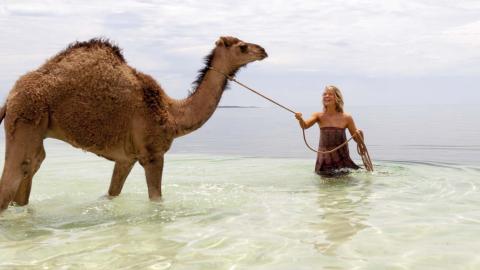NFSA Presents: Inspired is a collection of conversations that dive into the creativity, the inspiration and the success of Australian cinematic talent. Hosted by film journalist Jenny Cooney, the video series complements the NFSA’s exhibition, Australians & Hollywood: a tale of craft, talent, and ambition. Book tickets here now.

